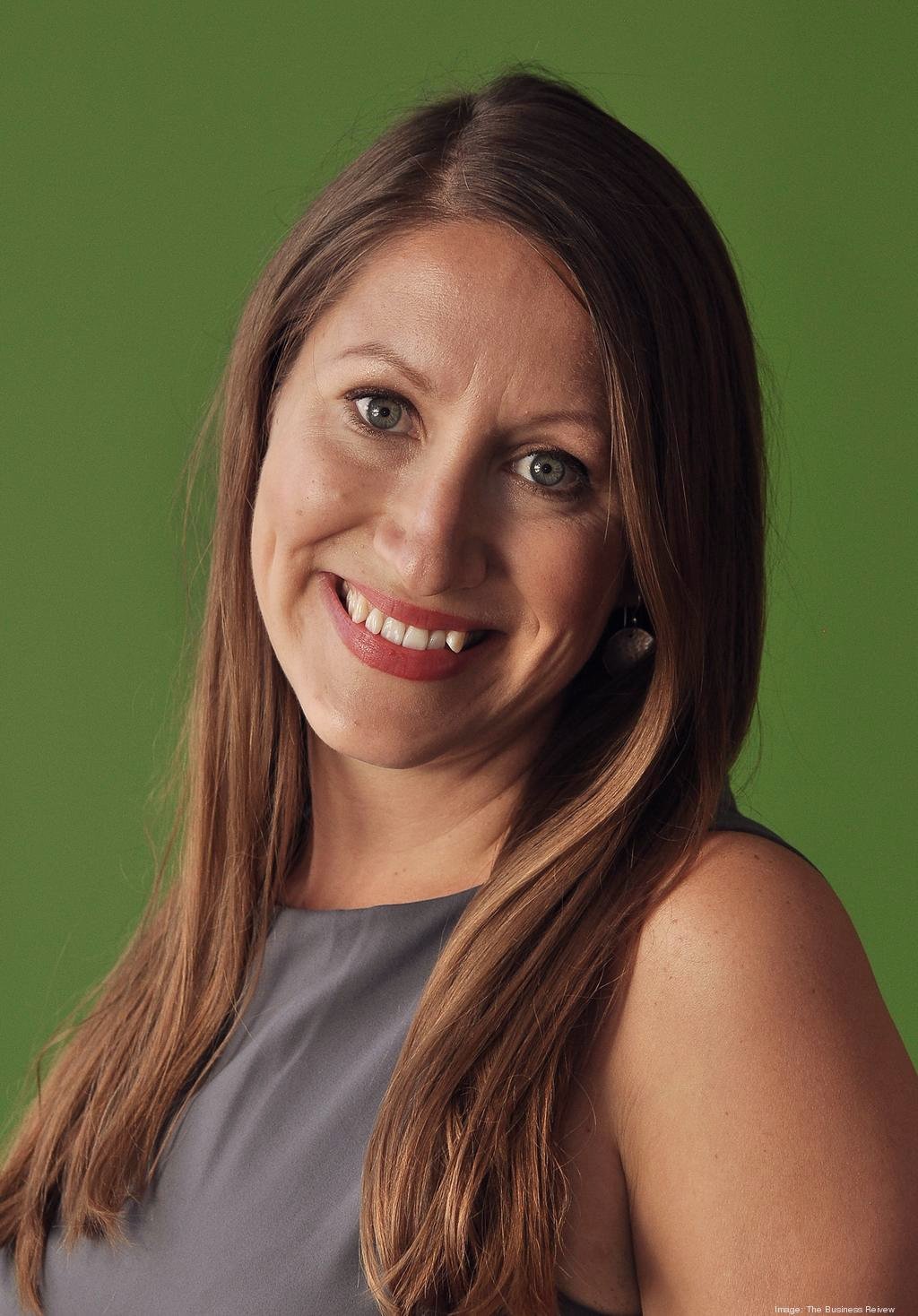
The term “digital divide” was first coined in 2001 by political scientists to describe how uneven access to the internet would create a population of left-behind “information have-nots.” Fifteen years later, the focus for technologists – whether they originate from the White House, Silicon Valley, or grassroots initiatives like Albany Can Code – isn’t on increasing the diversity of people who have access to the internet; it’s on increasing diversity among those who have jobs in the tech sector.
If your business has ever struggled when searching for someone to design a website, build a customer database or create an app, don’t imagine that tech firms aren’t facing similar challenges. The reality is the pipeline for software talent in the U.S. isn’t scaled to meet demand. Here in New York’s Tech Valley, we have a world-class, nanotechnology research and development center, one of America’s highest capacity silicon chip fabrication plants, and a few major universities, including Rensselaer Polytechnic Institute. Yet local software companies have had such a struggle finding qualified software developers that they are resorting to “off-shoring.”
And it isn’t merely a local or regional issue. According to USCIS, the federal agency responsible for handling work visas, in 2015 U.S.-based businesses sought to fill over 262,000 jobs with imported talent. That figure accounts for more than 60% of total skilled labor visa applications. Google alone sought 2,400 work visas for non-U.S. passport holders.
Meanwhile, since 2013 the number of coding boot camps offered by for-profit organizations (which can cost as much as $15,000 for a 12-18 week course) has sprung up, and these courses are thriving. It’s a good trend in that boot camp graduates fill the pipeline for employers; but the price tag almost guarantees that historically lower-income populations will be left out. African-Americans and Hispanics, combined, make up only 9% of the workforce in software-based companies; women account for only 20%.
Rather than continuing to ask why we aren’t we doing a better job training software engineers, I decided to join the movement and help to end this problem. I founded Albany Can Code in December 2015, as an initiative to develop an inclusive software talent pipeline for New York’s capital region, joining some pathfinders founded in the past 24 months:
- Code Louisville, founded in November 2014 in Louisville, KY, is helping to fill a need for educated employees. There are 400 open positions for software developers and more than 3,900 information tech positions open across the state. Backed by federal funding, a coalition has put together a free program using public library resources, mentors from the software developer community, and online learning programs to turn out skilled, employable graduates.
- YesWeCode, founded in December 2014 in Oakland, CA, is a national initiative to turn 100,000 low opportunity youth into 100,000 high-skilled – and high income – software developers. Their Bay Area 12-week program partners with media and celebrities that reach African American communities for recruitment, taps mentors from established software companies to teach 12-week programs, and offers internships with Bay Area companies to graduates.
- WeCanCodeIT – based in Cleveland, OH since 2013, is focused on empowering women, African Americans and Hispanic Americans, groups underrepresented in technology, with education and mentorship that lead to jobs in the region.
AlbanyCanCode is convening area employers, educators, and community organizations to launch a coding camp for area employers in Spring 2016. Recruitment, assessment, preliminary coursework and wraparound programs hosted by organizations that serve low income populations will act as a feeder for rigorous code camp programs on user interface design, web development and programming.
I’m proud to be part of a trend that does the right thing by our employers, our national economy, and last but not least, the raw talent right under our noses, if we just reach across this last section of the digital divide.
By Annmarie Lanesey, EO Albany member and co-founder of Greane Tree Technology. To learn more about coding educational initiatives, email Annmarie at [email protected].
#EOlooksforward to the new calendar year, with posts, pictures and videos citing upcoming technologies and inspiration for entrepreneurs in 2016. Follow us on Facebook, Twitter, Instagram and LinkedIn for daily posts!
Categories: general Goal Setting Guest contributors Legacy Make a Mark Technology WOMEN ENTREPRENEURS
